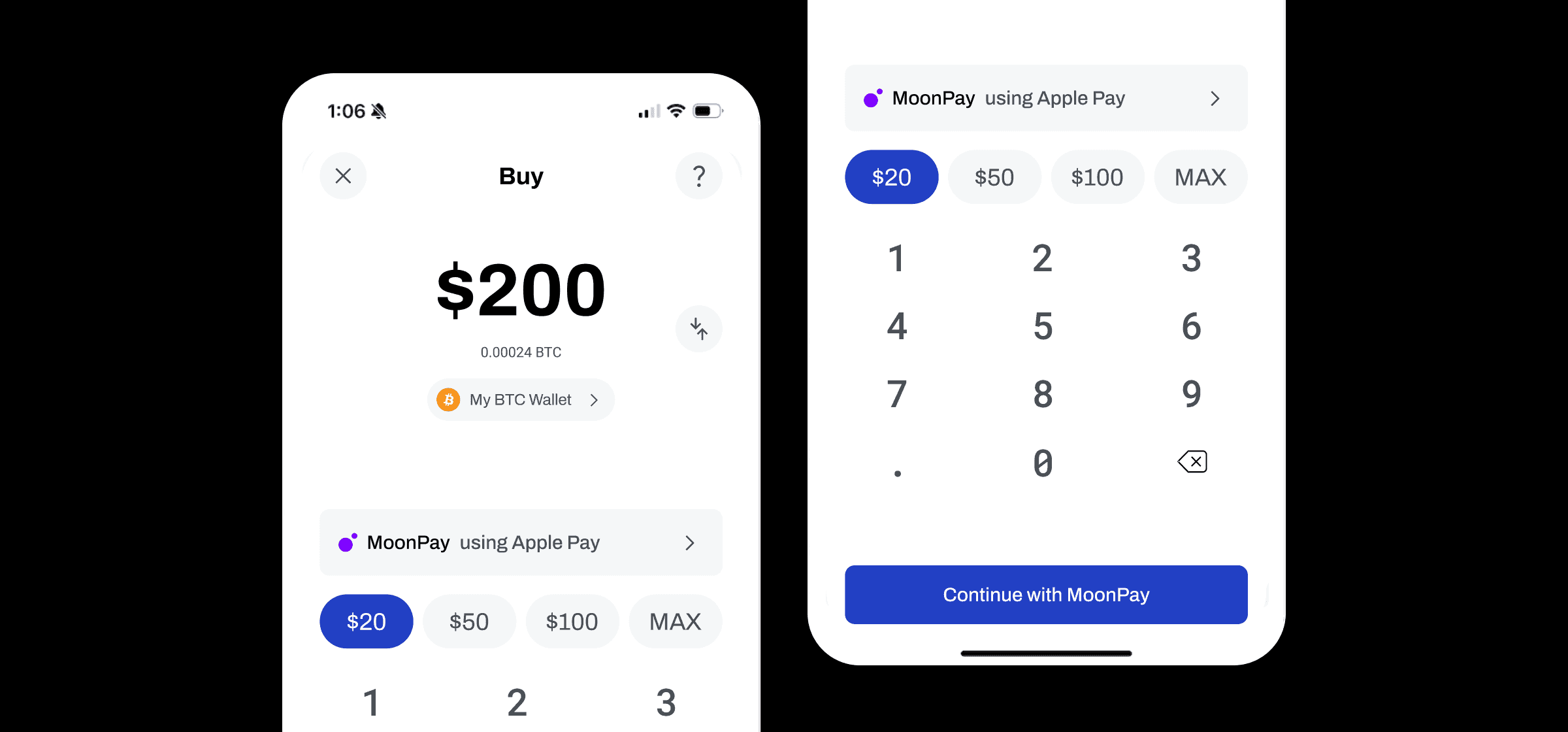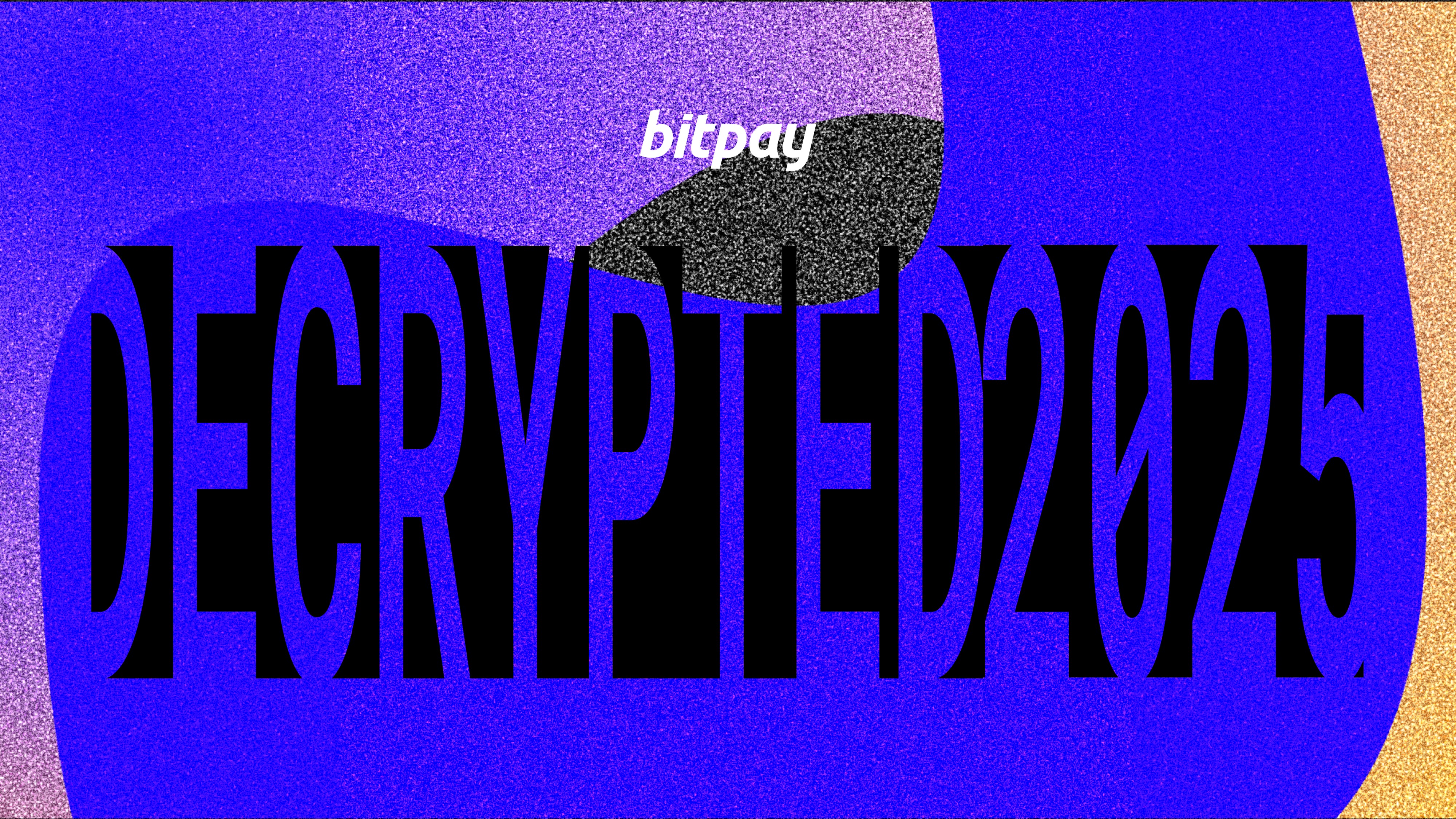September 21, 2023
From Code to Coins: Understanding Smart Contracts in Blockchain Payments

The Important Bits
Smart contracts allow individuals to make financial agreements, send money or transfer property with total confidence their transaction will take place exactly as expected. The blockchain-based programs are coded to be completely autonomous, requiring no outside intervention to execute. This allows businesses and individuals to enter into agreements without fear of the other party reneging on their side of the deal. Smart contracts have practical applications for a wide range of industries and transaction types, and are a foundational element of decentralized finance (DeFi).
Even when carefully written, traditional contracts can sometimes land the signing parties in court to settle a dispute over terms. Smart contracts, on the other hand, allow even two people who have never met to trustlessly conduct a payment or other business arrangement with no third-party intervention. This is achieved through automated scripts coded into the contracts, which self-execute once certain conditions have been met. Because smart contracts live on the blockchain, completed transactions are fully trackable and unable to be modified in any way. Ahead, we’ll talk about the history, use cases and functionality of smart contracts.
What are smart contracts?
Smart contracts represent a big leap forward for cryptocurrency’s role in the world of business and finance. They’re also a pillar of the decentralized finance (DeFi) ecosystem, made popular on the Ethereum blockchain.
Simply put, smart contracts are computer programs written on the blockchain that automate the execution of a contract or business agreement between two or more disparate parties. The code contained in smart contracts ensures terms are clearly defined and carried out, without the need for intermediaries of any kind. Once deployed, a smart contract automatically does what it was programmed to do, and cannot be manipulated or altered.
The history of smart contracts
Computer scientist Nick Szabo coined the term “smart contract” in 1994 in a now-famous paper in which he outlined the concept and its potential uses. He defined a smart contract as “a computerized transaction protocol that executes the terms of a contract” designed to “minimize exceptions both malicious and accidental, and minimize the need for trusted intermediaries.”
Szabo’s paper predated the creation of the first decentralized blockchain by well over a decade. But what he envisioned first emerged with the advent of Bitcoin, and became fully realized soon after with the launch of Ethereum. Today, smart contracts are an essential component of Web3, with millions deployed every quarter.
Key features of smart contracts
In order to be effective, smart contracts must have certain capabilities. For instance, they have to be self-enforcing, automatically ensuring an agreement is strictly adhered to before executing. They also have to be tamper-proof, preventing malicious actors from altering them in their favor. These first two capabilities enable the next and perhaps most important feature: eliminating the need of any third-party to enforce terms. Therefore, a smart contract must be completely autonomous once deployed, and capable of self-verifying and self-executing.
How smart contracts work
The execution of a smart contract depends on a simple “if-then” statement. If conditions are met in accordance with the contract terms, then it executes as programmed. Vending machines are a common example used to illustrate how smart contracts work. If you insert a dollar into the bill acceptor and choose an item that costs that much or less, then the machine dispenses it. The terms of the contract are clear and indisputable, with no outside involvement required.
To illustrate the idea further, consider an agreement between parties for a home renovation project. The homeowner locks their payment into a smart contract, which is only to be released when the contractor performs his or her duties as promised. When the contractor completes the job, the funds are immediately and automatically released. If the contractor fails to fulfill their obligations, the contract is canceled and the homeowner gets their money back, also automatically. There’s no need for any form of dispute resolution because of the smart contract’s self-executing, self-enforcing design.
Since smart contracts’ binary nature eliminates the need for outside parties, saving both time and money in all kinds of real-world situations historically handled through traditional contracts. Retaining professionals like lawyers, brokers or agents is not only expensive, it can often drag out processes associated with a contract. That’s why industries ranging from retail and real estate to medical research and music royalties all stand to benefit from smart contracts.
The role of smart contracts in crypto payments
The primary purpose of Bitcoin and many other cryptocurrencies is to facilitate peer-to-peer (P2P) payments on the blockchain without outside interference from banks or governments. But for most P2P transactions, best safety practices require the parties on either side of a transaction to know or trust each other. With smart contracts, trust is taken completely out of the equation. In fact, the parties don’t even have to know each other’s names or where they live and can still be certain that the transaction will execute precisely as expected.
Smart contracts are not some pie-in-the-sky future use case for blockchain technology. They’re very much in use today, including by major institutional organizations like banks and insurance companies. Not to mention the hundreds of thousands of crypto users who deploy them each and every month. Bitcoin was created to up-end the status quo around global payments. By the same token (no pun intended), smart contracts were introduced to transform how businesses and individuals make and execute financial agreements. No lawyers, no intermediaries. Just a self-governing contract that executes only when both parties do what they promised they would.
Share this post



Note: All information herein is for educational purposes only, and shouldn't be interpreted as legal, tax, financial, investment or other advice. BitPay does not guarantee the accuracy, completeness, or usefulness of any information in this publication and we neither endorse, nor are we responsible for, the accuracy or reliability of any information submitted or published by third parties. Nothing contained herein shall constitute a solicitation, recommendation, endorsement or offer to invest, buy, or sell any coins, tokens or other crypto assets. BitPay is not liable for any errors, omissions or inaccuracies. For legal, tax, investment or financial guidance, a professional should be consulted.



